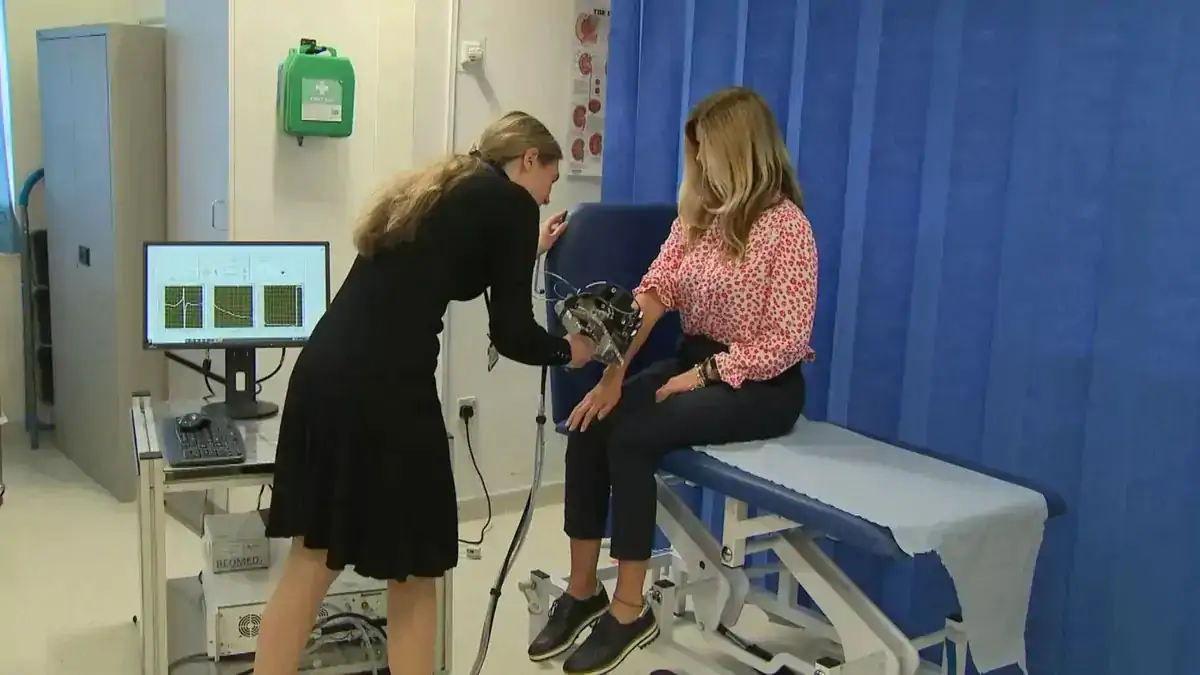Recently, Dr. Dritan Abazovic, who has been the prime minister of Montenegro since 28 April 2022, reported on his meeting with two executives from FinTech firm Ripple.
Montenegro is a small South East European country, part of the Balkans.
On 14 December 2021, Ivan Boskovic, the former Director of Payment Systems and Financial Technology Department at the Central Bank of Montenegro (“CBM”), published an in currency Research titled “Central Bank of Montenegro: How to Boost Banking and Payment Innovation in a Small Developing Economy.”
Boskovic wrote:
“The transformation of existing conditions matters because it is a fundamental source of long-term growth. Financial services that depend on digital innovations are rapidly transforming markets, a process that has been accelerated by the COVID-19 pandemic. Many countries are now in the process of catching up.
“Fostering innovation brings with it different challenges depending on the level of development, market size or even the geographic position of a country. Compared to the leading markets, smaller markets face much more difficult barriers than advanced economies.
“However, some countries such as Singapore, Luxembourg and Malta are among the frontrunners. Their forward-thinking policies have been successful and are now being treated as models for many others. The key question is whether their success can be easily followed or copied...
“Small countries often lack the most basic requirements, such as physical and human capital, which becomes more acute as technology develops. Their authorities find it difficult to support innovation and in particular to build capacity for innovation. To design, implement and coordinate effective policy, decision-makers must consider all aspects of the accumulation of all kinds of capital—physical, human and knowledge.”
He then discussed what the Central Bank of Montenegro (CBM) is doing to implement innovative digital payments.
Anyway, February 18, 2023, The Prime Minister of Montenegro reported that he and Brad Garlinghouse had met, who's the president of Ripple, This is James Wallis, who is Ripple's vice-president of central bank and CBDC commitments.
In Google, Mr. Abazovic said to his followers on Twitter:
“We discussed the development of a payment infrastructure that would provide greater financial accessibility and inclusion. Montenegro is open to further investment... together with Ripple and the central bank, We have launched a pilot project for the construction of the first digital currency or stability for Montenegro.“
U saradnji sa @Ripple i Centralnom bankom pokrenuli smo pilot projekat izgradnje prve digitalne valute ili stablecoin-a za Crnu Goru.
— Dr Dritan Abazovic (@DritanAbazovic) January 18, 2023
On January 26, 2023, Jeremy Hogan, partner with the US firm Hogan.
The xrp registry was established in 2012 by david schwartz, jed mccaleb and arthur britto, and xrp is the original xrp registry currency.
told his over 251K Twitter followers:
“One possibility is that a CBDC could be issued on top of the XRPL as an IOU represented by a specific token. This would allow the CBDC to capitalize on the timely/effective resolution of the XRP registry.
“Another possibility is that the CBDC’s Central Bank could open a “gateway” on the XRPL that allows users to deposit and withdraw the CBDC. This would make it possible to use CBDC together with xrp and other digital resources in the xrp registry.
“CBDCs may also be linked to the XRP and interact with the XRP LEDGER as a stable piece, allowing for quick, inexpensive and effective cross-border transactions.“
On 11 February 2022, the Digital Euro Association (DEA) announced that it was “delighted” about a new partnership with FinTech firm Ripple.
The Digital Euro Association (DEA) is “a think tank specializing in central bank digital currencies (CBDCs), stablecoins, crypto assets, and other forms of digital money.” It aims to 'contribute to public and political discourse through research, education, and providing policy makers with a platform and a community, technologists, and economists to talk about issues related to digital money." It’s “committed to independence and excellence, aiming to set the agenda and to shape policy by encouraging new ideas and forward-thinking in the field of digital money.”
blog post published on that day, the DEA started by talking about Ripple’s experience with central bank digital currencies (CBDCs):
“Ripple, one of the leading providers of enterprise blockchain and crypto solutions for cross-border payments, has recently developed a blockchain-based infrastructure to support CBDCs and is engaged with Bhutan’s central bank, amongst others, to help execute their CBDC pilot. Ripple is also a member of the Digital Pound Foundation and continues to work in CBDCs all over the world.“



 BlocksInform
BlocksInform










